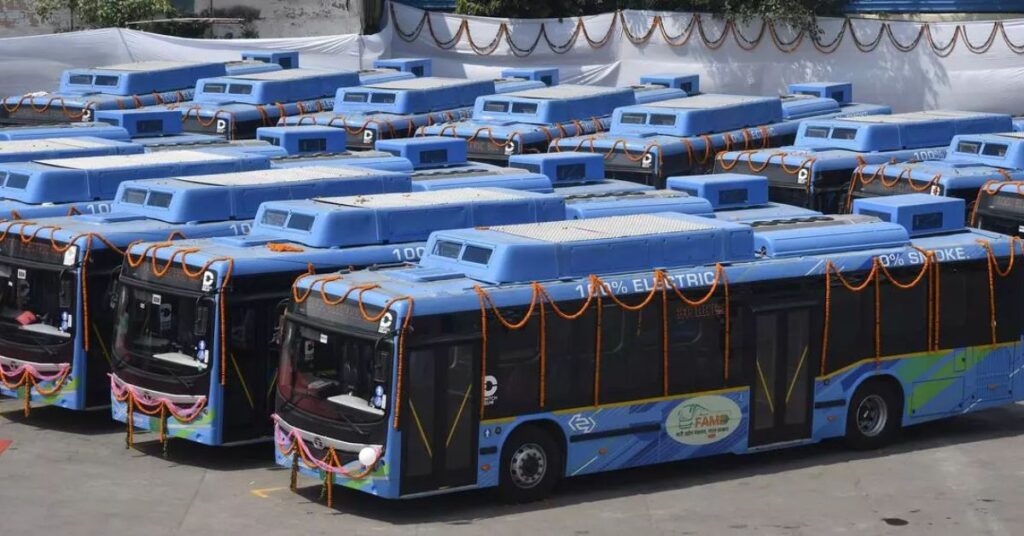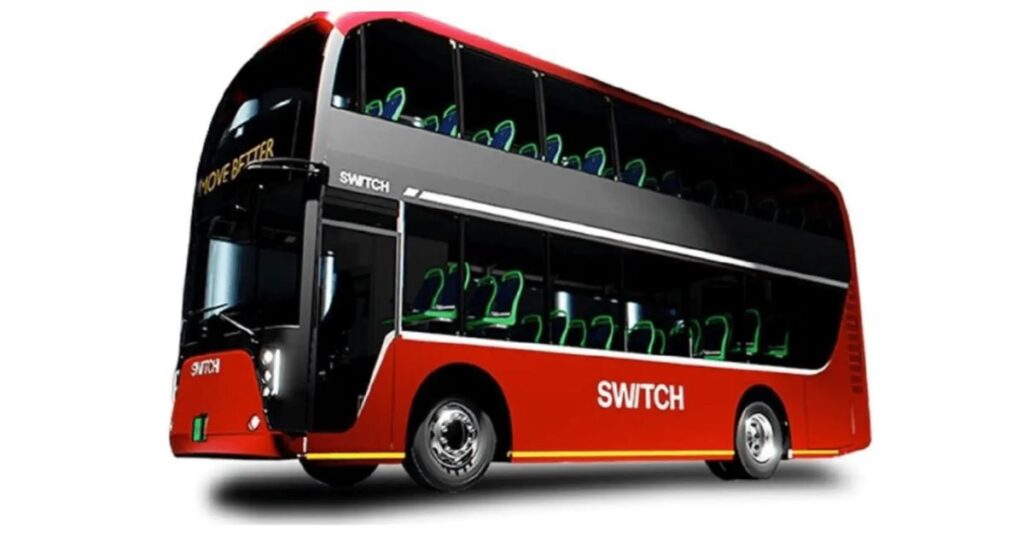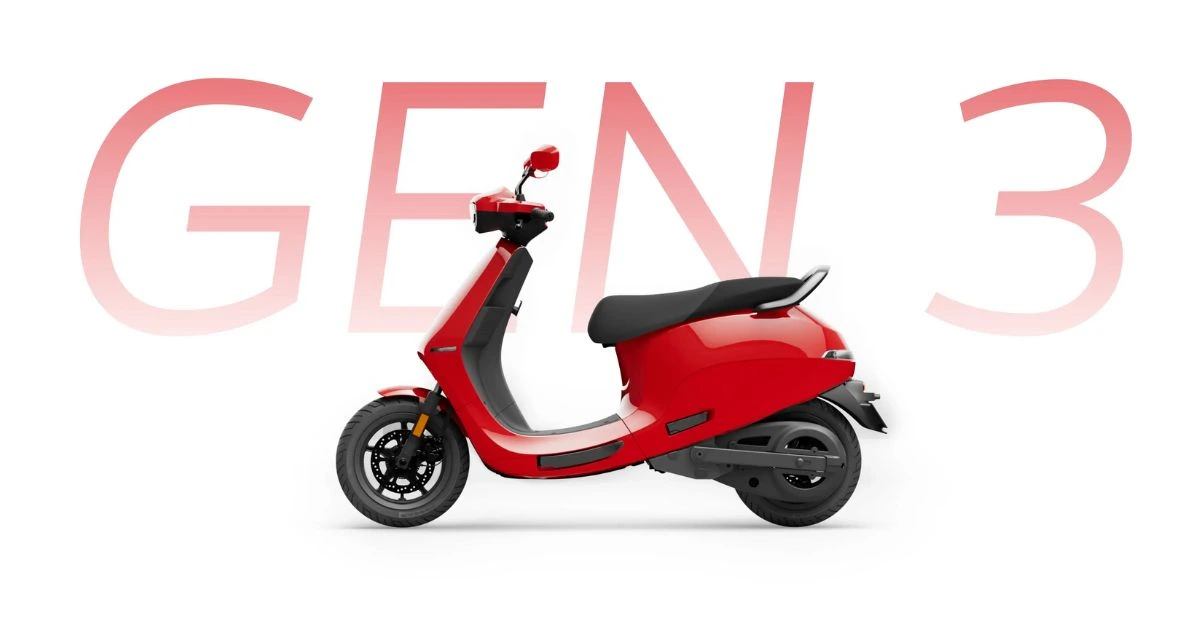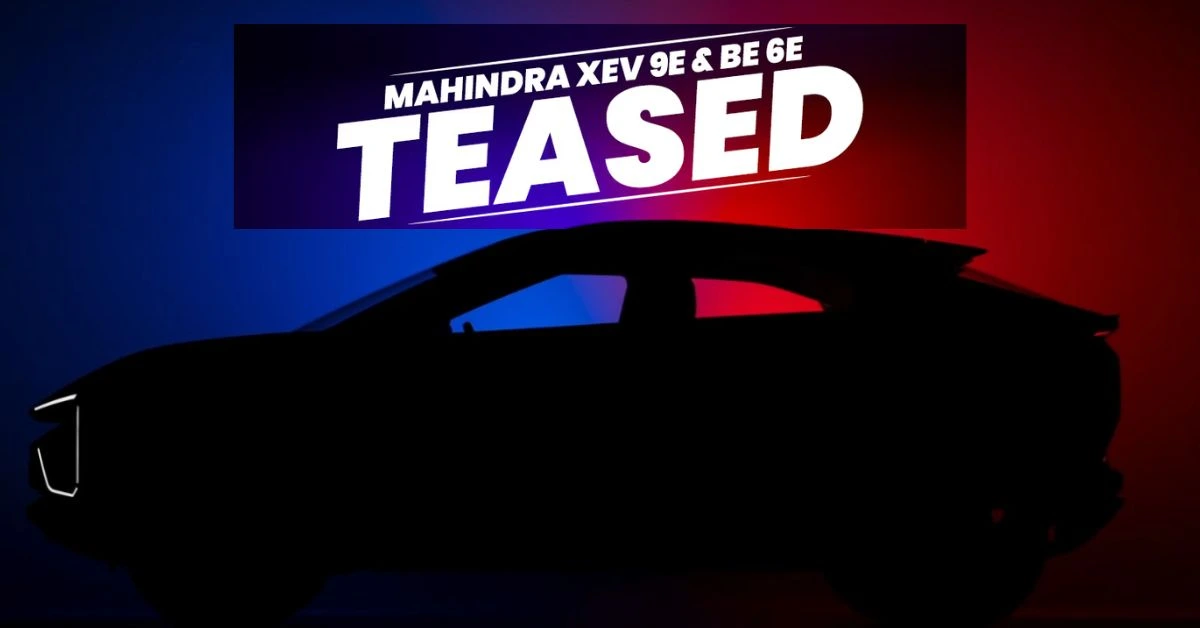8000 Electric Buses in Mumbai by 2027: Complete Electrification of Public Transit
Mumbai, one of India’s largest and most bustling cities, is heading to a major transformation in its public transport system. To reduce pollution, enhance efficiency, and boost the quality of urban life, Mumbai’s Brihanmumbai Electric Supply and Transport (BEST) is targeting the deployment of 8000 electric buses by 2027.
This bold move will not only help the city combat severe air pollution. Still, it will also improve the commuter experience by providing a cleaner, quieter, and more modern mode of transportation.
Table of Contents
Why 8000 Electric Buses in Mumbai by 2027?

Mumbai, like many other megacities, is battling severe air pollution and overcrowded public transport. The Brihanmumbai Electric Supply and Transport (BEST) undertaking, which operates the city’s public transport, has outlined plans to fully electorate its fleet by 2027.
With the ongoing environmental challenges and the growing population, the demand for reliable and eco-friendly transportation solutions is greater than ever. The city currently operates approximately 3,000 buses, but experts agree that Mumbai needs at least 8,000 buses to meet its mobility demands.
Key Features of the Plan
- 8,000 Electric Buses by 2027: BEST intends to gradually phase out the older, fossil-fuel-powered buses and replace them with electric vehicles.
- Annual Purchase of 2,650 Electric Buses: To meet the 2027 target, BEST plans to purchase 2,650 electric buses annually.
- 1,000 Double-Decker Buses: A significant part of the fleet will consist of 1,000 electric double-decker buses to address overcrowding and enhance capacity on busy routes.
- Phasing Out Older Buses: BEST will systematically retire outdated buses to make room for the electric ones, ensuring that the entire fleet is modernized.
8000 Electric Buses in Mumbai by 2027: Key Benefits

Addressing Air Pollution
Mumbai faces some of the worst air pollution levels in the country. With growing urbanization, the city’s existing fleet of diesel-powered buses contributes significantly to air quality degradation. 8000 electric buses in Mumbai by 2027 will help cut down on carbon emissions, offering a cleaner environment and reducing harmful pollutants.
Boosting Operational Efficiency
Electric buses are cheaper to maintain than their diesel counterparts. The move towards electrification will help reduce fuel costs and improve operational efficiency. BEST is not just looking at expanding its fleet, but also increasing reliability and accessibility for millions of daily commuters.
Adding Capacity
Mumbai’s streets are often packed with traffic, and buses are frequently overcrowded. The inclusion of 1,000 electric AC double-decker buses will help increase capacity, particularly in congested areas of South Mumbai and its suburban routes, offering a more comfortable ride for passengers.
Double-Decker E-Buses
In line with the city’s legacy of double-decker buses, Mumbai is set to introduce 1,000 new electric double-decker buses, expanding the fleet of these iconic vehicles from 50 to 1,200 by 2027. These buses will provide extra capacity, particularly for crowded routes.
Retiring Outdated Buses
To make room for newer, cleaner vehicles, BEST plans to phase out its older, less efficient diesel buses, making way for the upcoming electric models. Over 500 outdated buses will be retired in the next few months, signaling the beginning of the city’s eco-friendly transformation.
BEST’s Plan for Electrification
Mumbai’s public transport operator, BEST (Brihanmumbai Electric Supply and Transport), is aiming for a major overhaul of its bus fleet to make it entirely electric. According to the 2025-26 budget proposal, BEST plans to increase its electric fleet to 8,000 buses by 2027, up from its current fleet of 711 electric buses.
The city has already made a head start with its commitment to buying 2,650 new electric buses annually, including 1,000 electric double-decker buses. These efforts will help reduce air pollution in the city, improve operational efficiency, and address the pressing demand for more buses in a city struggling with overcrowded public transport.
- Total Target: 8,000 electric buses by 2027
- Current Fleet: 711 electric buses
- Key Acquisition: 1,000 air-conditioned double-decker buses
Anil Diggikar, BEST’s General Manager, stated:
“The increase in double-decker buses will help reduce overcrowding at bus stops, ease traffic, and enhance capacity, particularly on routes in south Mumbai and suburban areas, where such buses are most needed.”
Challenges in Achieving the 8,000 Electric Buses Goal
While the target is ambitious, there are significant hurdles in meeting the deadline. Some key challenges include:
- Delayed Deliveries: In previous contracts, electric bus deliveries have been slower than expected. For example, BEST ordered 2,100 electric buses from Olectra Greentech in May 2022, but only 275 units have been delivered so far.
- Procurement Issues: BEST has faced challenges with procuring electric double-decker buses. After a contractor failed to deliver on a 700-bus order, the company had to cancel the contract.
- Funding and Budget Approval: BEST’s budget proposal for the 2025-26 period is awaiting approval, which could affect the pace of procurement.
Despite these setbacks, BEST is determined to move forward and meet its goal of electrifying the entire fleet by 2027.
Why Electric Buses?
Electric buses offer several benefits over conventional diesel buses:
- Reduced Emissions: Electric buses produce zero tailpipe emissions, helping improve air quality in one of the most polluted cities in India.
- Lower Operating Costs: Over time, electric buses are more cost-effective, as they have lower maintenance and fuel costs compared to diesel buses.
- Less Noise Pollution: Electric buses operate quietly, contributing to less noise pollution in the city.
Impact on Mumbai’s Public Transport System
Benefits to Passengers
- More Capacity: The introduction of 1,000 electric double-decker buses will significantly increase passenger capacity, addressing overcrowding during peak hours.
- Faster Commutes: With more buses on the road and better infrastructure, commuters will experience shorter wait times and quicker travel times.
- Comfort and Modernization: The addition of air-conditioned buses, particularly the double-decker models, will provide a more comfortable commuting experience.
Economic and Environmental Benefits
- Job Creation: The expansion of the electric bus fleet will lead to job creation in areas such as manufacturing, operations, and maintenance.
- Cleaner Air: The shift to electric buses is a crucial step towards reducing the carbon footprint of the city and combating air pollution.
- Sustainable Development: This initiative supports India’s broader goals for sustainable transportation and environmental protection.
Conclusion
The plan to roll out 8,000 electric buses by 2027 is a transformative step for Mumbai. To electrify the entire bus fleet and address the city’s pressing mobility and environmental challenges, this initiative could set a precedent for other Indian cities to follow. Despite some obstacles, the persistence of authorities like BEST and their commitment to the cause promises a greener, more efficient future for Mumbai.
Read more: Blue Energy Motors Signs ₹3500 Cr MoU with Maharashtra for EV Truck Unit
FAQs
Why is Mumbai focusing on electric buses?
Mumbai is focusing on electric buses to reduce air and noise pollution, improve the sustainability of its transport system, and meet the city’s growing public transportation needs.
How many electric buses does BEST currently have?
As of now, BEST operates 711 electric buses, with plans to expand this fleet to 8,000 by 2027.
How will the electric buses help Mumbai’s transport system?
Electric buses will reduce overcrowding, provide better capacity, and help address the city’s transport deficits, especially in high-density areas.
When will the 8,000 electric buses be deployed in Mumbai?
BEST plans to deploy 8,000 electric buses by 2027, with an annual addition of 2,650 buses.
What challenges does BEST face in achieving this target?
BEST faces delays in deliveries, procurement issues, and budget approval hurdles. However, they are optimistic about meeting the electrification goals.
Will electric buses be more expensive than conventional buses?
Although the initial investment in electric buses is higher, the long-term operational costs are lower, making them cost-effective in the long run.
How will Mumbai fund this electric bus initiative?
Funding will come through BEST’s budget proposal and approval from the Brihanmumbai Municipal Corporation (BMC), along with external contracts and investments.



